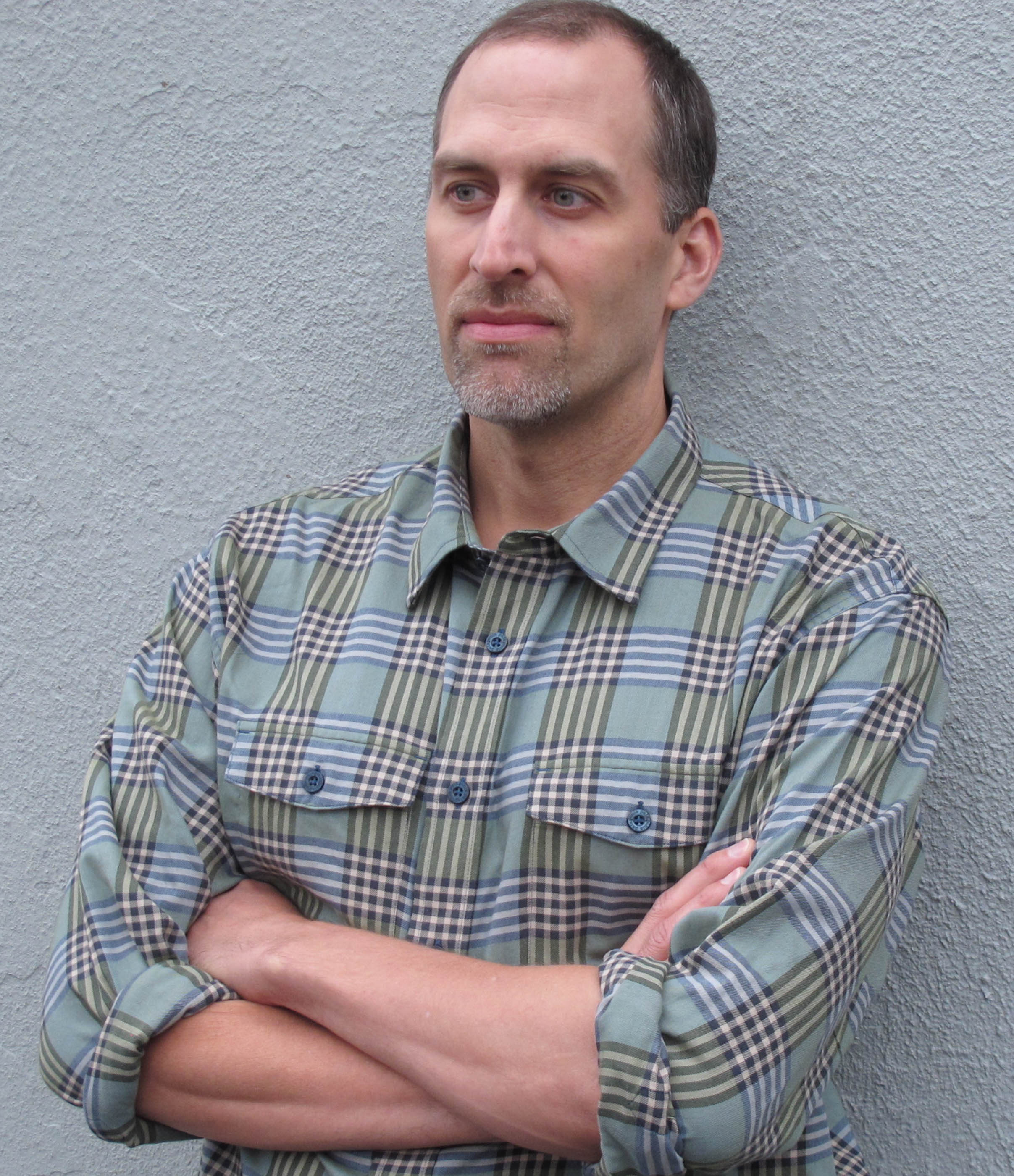 An award-winning public high school teacher in Seattle, Jon Greenberg gained broader recognition for standing up for racial dialogue in the classroom—with widespread support from community—while a school district attempted to stifle it. With nearly 20 years of diverse teaching experiences under his belt, he has long dedicated his teaching career to social justice and civic engagement. Before joining Everyday Feminism, his writing had been published in The Seattle Times and Understanding and Dismantling Privilege. To learn more about Jon Greenberg, click here.
An award-winning public high school teacher in Seattle, Jon Greenberg gained broader recognition for standing up for racial dialogue in the classroom—with widespread support from community—while a school district attempted to stifle it. With nearly 20 years of diverse teaching experiences under his belt, he has long dedicated his teaching career to social justice and civic engagement. Before joining Everyday Feminism, his writing had been published in The Seattle Times and Understanding and Dismantling Privilege. To learn more about Jon Greenberg, click here.
More important than teaching awards has been the praise of his work by students and parents/guardians with whom he has worked:
“[Jon Greenberg] is a valued community treasure…” Larry Gossett, King County Councilmember and Civil Rights icon of the Pacific Northwest
“Good education leaves you with the tools necessary to stand up against issues you see as injustices, and Mr. Greenberg provided all of us with more than a good education.” Ariel Brown, former student (and now a teacher)
“…from my experience as a parent of a student…, this class had a more profound effect on her thinking and choices than anything she did educationally. Teacher like this don’t come along often.” Nancy Muller, parent of a former student
“If it weren’t for his class, I would’ve been another stuck-up kid in the world who judges people constantly. Now I look at people and see more than racial profiles…” Anna Robinson, former student
“…his class was possibly the most important aspect of my high school education, and I wouldn’t be the person I am today without that education.” Jack Noe, former student
Presentations
Jon Greenberg’s presentations include:
- The Need for — and Barriers to — Social Justice Education in Our Schools
- Teaching a Unit on Race: Practical Lessons on a Taboo Topic
- Civic Engagement 101: Connecting Your Classroom to the Community
- The Race Curriculum Controversy: The Benefits and Costs of Social Justice Teaching
The Need for — and Barriers to — Social Justice Education in Our Schools
Through an interactive presentation, participants will explore the benefits of social justice education, drawing on research and the expertise in the room. Participants will then explore recent attacks against social justice education, from Tucson, Arizona to the Pacific Northwest, searching for patterns in the assaults. Finally, participants will receive concrete strategies to expand social justice curricula at their schools, as well as ways to protect themselves from potential resistance and backlash.
Teaching a Unit on Race: Practical Lessons on a Taboo Topic
While the Race Unit at the Seattle public high school, The Center School, drew fire in 2013 stemming from the complaint of one white family, the consensus from the past decade of Center students is that the curriculum has been one of the most valuable, transformative part of their high school careers. What does a study of race look like? What lessons does it contain? And how could other language arts and social studies teachers adapt parts or all of it in their own classrooms?
Civic Engagement 101: Connecting Your Classroom to the Community
In a representative democracy, teachers shouldn’t just teach about American government; they should invite students to participate in democratic processes. After all, we can’t expect an active citizenry if we don’t teach our youth methods of engagement. Through this workshop, learn about innovative classroom projects at both the local and state government levels that have students petitioning on the streets, initiating postcard campaigns, and testifying at public hearings. In a recent column, Leonard Pitts recently lamented the lack of classes that emphasize civic engagement. This workshop is part of the solution to fixing that reality—a solution urgently needed.
The Race Curriculum Controversy: The Benefits and Costs of Social Justice Teaching
In 2012, the Seattle School Board passed a landmark policy, Ensuring Educational and Racial Equity. That same year, Seattle Public Schools supported one complaining white family opposed to a study of race at The Center School, first by suspending the race curriculum and then by transferring its teacher. What strategies were used to attack the study of race? And why was the teacher, despite positive yearly evaluations and numerous accolades, so vulnerable to this attack? How can educators protect themselves and the classroom as a safe forum for understanding race and challenging racism? Learn the answers to these questions (and much more) through hearing the inspirational story of the Race Curriculum Controversy.
To book a presentation, contact Jon Greenberg here.

